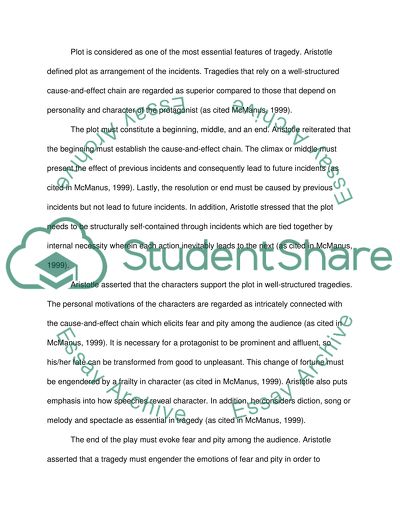Cite this document
(“Othello as an Aristotelian Tradegy Research Paper”, n.d.)
Retrieved from https://studentshare.org/literature/1438427-othello-as-an-aristotelian-tradegy
Retrieved from https://studentshare.org/literature/1438427-othello-as-an-aristotelian-tradegy
(Othello As an Aristotelian Tradegy Research Paper)
https://studentshare.org/literature/1438427-othello-as-an-aristotelian-tradegy.
https://studentshare.org/literature/1438427-othello-as-an-aristotelian-tradegy.
“Othello As an Aristotelian Tradegy Research Paper”, n.d. https://studentshare.org/literature/1438427-othello-as-an-aristotelian-tradegy.


